We are a group of dedicated citizen scientists, genealogists, and population genetics enthusiasts with years of hands-on experience in genetic genealogy — especially in the study of uniparental markers like Y-DNA and mtDNA, which trace direct paternal and maternal lines of descent.
Our team members bring diverse backgrounds and skills, and we’ve spent years analyzing genetic data, building trees, and guiding others through their own ancestry journeys. Some of us have also co-authored peer-reviewed academic papers and collaborate with leading researchers in the fields of genetics, history, and linguistics.
While most of us come from outside traditional academic institutions, we are driven by curiosity, rigor, and a shared passion for uncovering the deep and often untold stories of Jewish ancestry.
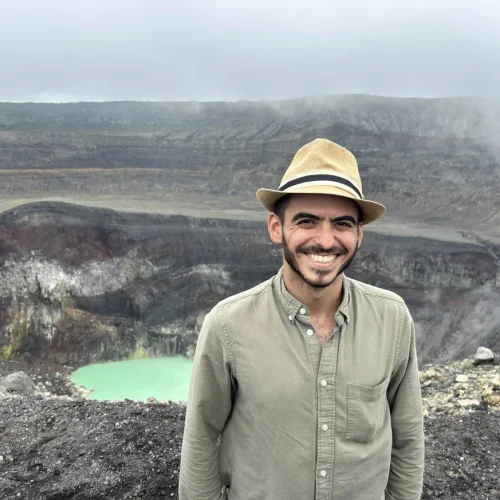
Josh Lipson serves as the co-president of the Jewish Genetic Discovery Foundation. He is a newly minted clinical psychologist, as well as a poet and Hebrew teacher. He has been interested in Jewish and ancient Near Eastern history since elementary school, and in 2006, used his bar mitzvah money to purchase his first genetic genealogy test, which determined his Y-haplogroup to be E-M123. In collaboration with Leo Cooper and other members of the JGDF team, he has become one of the world’s premier researchers of Jewish Y-chromosomal DNA and its historical implications—contributing to the groundbreaking study of Jewish genomes from medieval Erfurt, as well as other projects. While his paper-trail genealogy only goes back to 18th century Luboml, advanced Y-DNA testing reveals him to be a member of a branch called E-Y6923, which spread from one Jewish ancestor in Roman times (c. 150 CE) to later Jewish communities in Ashkenaz, Sepharad, Italy, Tunisia, Libya, and the Ottoman Empire.
Leo Cooper’s passion for ancestry began in 2015 when he started his research into family history. In the decade since, he has become a scholar of Jewish population history and genetics. His work includes co-authorship on Waldman et al. 2022, which reported ancient DNA from medieval German Jews. Cooper is an associate at the Reich Lab at Harvard University and a director at Open Genomes. With Josh Lipson, he is a co-president of the Jewish Genetic Discovery Foundation. His paternal line fits into the E-Y14891 lineage, a common Ashkenazi patrilineal pedigree with deep origins in the Neolithic Levant.
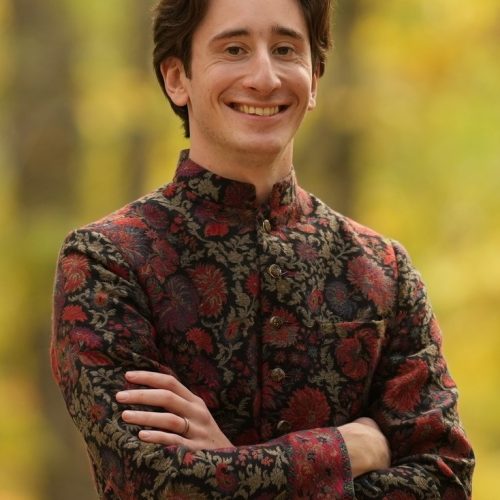
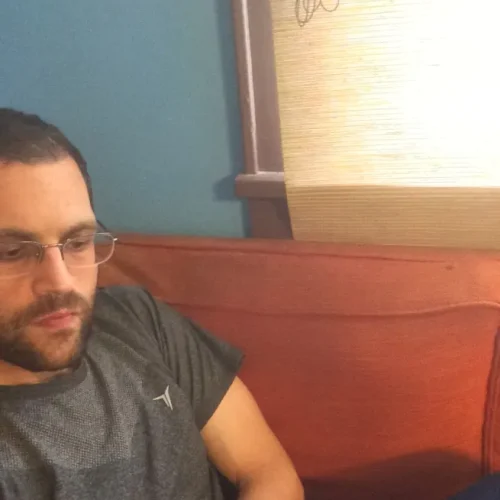
Avi Lichtenstein (Y-DNA: J-L816; mtDNA: T1a1j). Avi has been an avid genealogist from a very young age starting at a time when he could relentlessly pepper older relatives with questions. Paternally, he is entirely Litvak and maternally he is entirely Ukrainian Jewish, but he has since been able to trace most of his family lineages to to the 18th century. In addition to traditional genealogy, he has used genetic testing to test as many of his familial Y-DNA and mitochondrial DNA branches as possible. This led him to become one of the administrators of the R-FGC14628 project at FamilyTreeDNA. In this capacity, Avi helped confirm the late medieval connection between the Spira (Shapiro) rabbinic families of Prague and Frankfurt and he spearheaded the discovery of the lineage’s ancient Iberian Jewish origins. In his spare time, Avi has studied Yiddish, Hebrew, Danish, and Swedish.
Dolev Revivo is a medical student and a graduate of the Sagol Program for Computational Medicine at the Hebrew University of Jerusalem. His journey into Jewish genetic genealogy began with a personal interest in family history and a desire to break through the brick walls of traditional genealogy. This path ultimately led him to population genetics research, including a project at the Shai Carmi Lab at Hebrew University. He is especially focused on Sephardic history and population structure, with a particular emphasis on Moroccan Jews. He serves as a co-administrator of both the Iberian-Ashkenaz and Cohen DNA projects on FamilyTreeDNA, where he works to expand representation of under-tested Jewish groups. His own paternal lineage, E-CTS100, is a haplogroup of Near Eastern origin, with matches dating to c.700 CE in Latin America and earlier connections (c.150 CE) to Turkish, Bulgarian, Italian, and Ashkenazi Jews. His maternal lineage, HV1c1a, is also of Near Eastern origin.
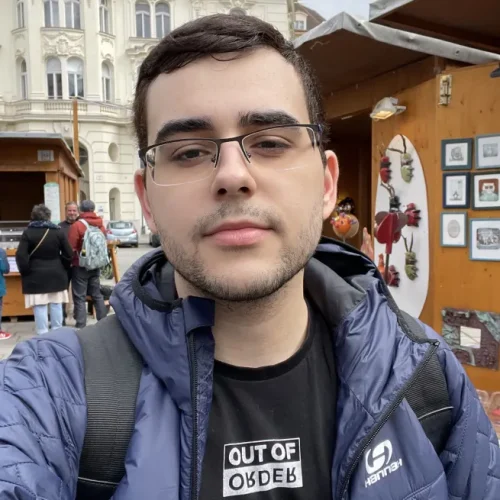
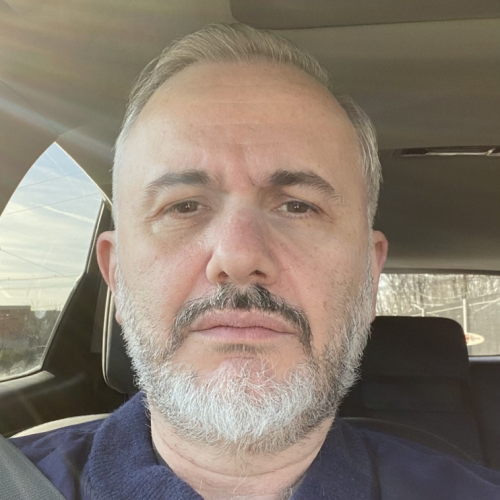
Eric Kolchinsky serves as the Treasurer of the Jewish Genetic Discovery Foundation. He has been a finance professional for close to 30 years. Eric first began his genetic discovery in 2014 in an quest to discover the family of his paternal grandfather. Solomon died at the Battle of Stalingrad, and neither Eric nor his father knew much about that side of the family. While this task proved futile, he was caught up with the fascinating world of Jewish genetic history. Eric belongs to the Y-DNA Haplogroup T-PF4074. This group formed about 1200 BC which would place it in the time of Judges and is split into Ashkenazi and Mizrahi (Iraq) branches. Eric’s closest Y-DNA Notable Connection is the Bahraini Royal family (separated about 2200 BCE). His closest Ancient Connections include a Jew from Medieval Germany (died about 1340 CE, separated 2150 BCE), a Roman-era Lebanese (died about 320 CE, separated 2200 BCE) and a man who died in Pompeii in the House of the Golden Bracelet (died 79 CE, separated 2450 BCE).
Jeremy Kotlyar’s interest in Jewish history and genealogy stretches back to childhood, sketching out family trees on scraps of paper while eagerly listening to ancestral stories of Jewish life in the former Soviet Union. After many failed attempts at cracking genealogical brick walls, Jeremy pivoted to Jewish genetics to learn more about his ancient genealogy, joining the 23andme wave early on to identify how much of his ancestry could be traced to ancient Israel. Ironically, that 23andme test helped him push back his genealogical lineages to the early 19th century and confirm a family legend about a surname change, while how much of his ancestry traces back to ancient Israel remains a somewhat open question. A child of Soviet immigrants born and raised in New York, Jeremy’s deeper family history traces back to the Jewish community of the Podolian region in Ukraine. Jeremy’s maternal haplogroup is H7c2. Jeremy’s paternal haplogroup is in the I-BY424 lineage, an Ashkenazi line likely originating with the 14th century pre-Ashkenazi Jewish community of Ukraine and ultimately traceable to Bronze Age Armenia.
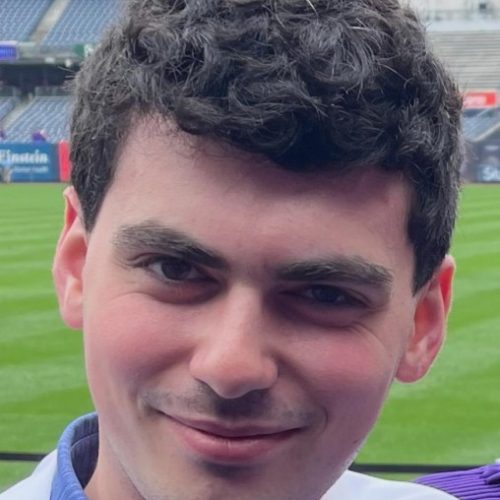
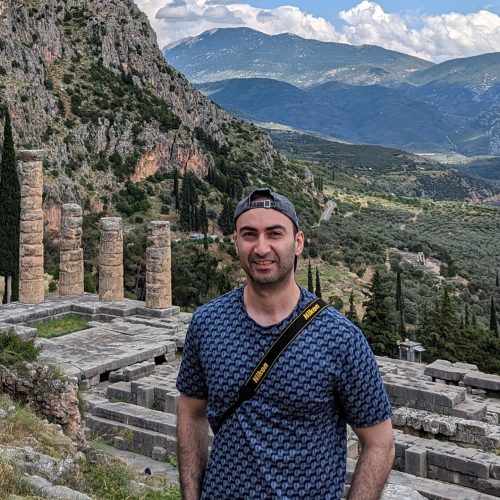
Emmanuel (Manny) Izilov’s fascination with history started at an early age, driven by a desire to uncover the untold story of his own Jewish community from the Caucasus – a people with few surviving historical records. As a child, he searched libraries for any clues about how and when his ancestors arrived in the mountainous region. In 2017, a DNA test sparked a new realization: the answers he was seeking might be found not in books, but within his own genome. Since 2017, Manny has led the Mountain Jewish and Mizrahi Jewish DNA Projects, which today include hundreds of DNA results. Over the past eight years, he has helped participants analyze their genetic data to uncover ancestral origins and trace connections to other Jewish communities. He enjoys helping people uncover their ancestral paths which have long been forgotten.
Shai Carmi is an associate professor at the Hebrew University of Jerusalem Faculty of Medicine, where he has been a faculty member since 2015. His research interests span multiple domains in statistical and population genetics, including the genetic basis of diseases and traits, disease risk prediction, preconception and preimplantation genetic testing, Jewish and Israeli population genetics, ancient DNA, and forensic genetics. Prof. Carmi has published some of the key recent papers in Ashkenazi Jewish medical and population genetics, including a pioneering study of medieval Ashkenazi genomes. He has active collaborations with the JGDF founders.
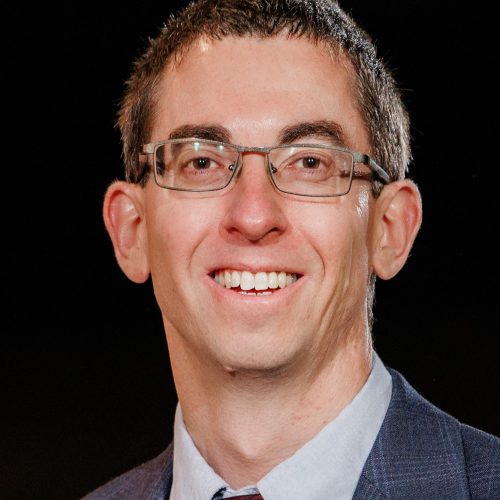
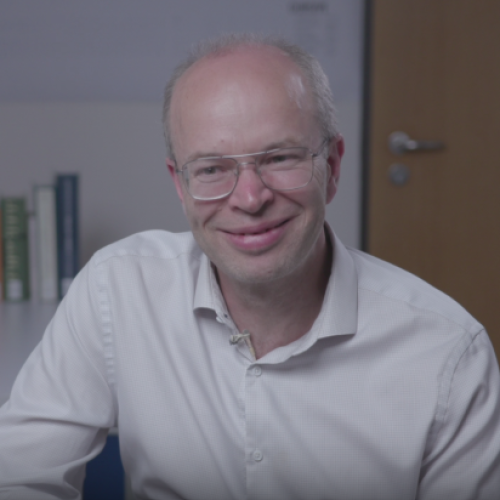
Alexander Beider uses onomastics and linguistics as powerful tools allowing to unravel the history of the Jewish people. He has written a number of reference books dealing with the etymology of Jewish surnames, all published by Avotaynu Inc. They include: A Dictionary of Jewish Surnames from the Russian Empire (1993, 2nd revised edition in 2008), Jewish Surnames in Prague (15th-18th centuries) (1994), A Dictionary of Jewish Surnames from the Kingdom of Poland (1996), A Dictionary of Jewish Surnames from Galicia (2004), A Dictionary of Jewish Surnames from Maghreb, Gibraltar, and Malta (2017), and A Dictionary of Jewish Surnames from Italy, France and “Portuguese communities” (2019). His Dictionary of Ashkenazic Given Names (2001) is the reference study in the domain of traditional Yiddish first names. Origins of Yiddish Dialects (Oxford University Press, 2015) synthesizes scholarship on the subject for the half century since the publication of Max Weinreich’s “History of the Yiddish Language” (1973) and, according to certain critics, represents a comprehensive and convincing revision of its esteemed predecessor, no less than a new standard work in the domain. Beider is also the designer of the linguistic part of the Beider-Morse Phonetic Matching method of computer-based searches for equivalent surnames.
Sarah Bunin Benor is Professor of Contemporary Jewish Studies at Hebrew Union College (Los Angeles campus) and Adjunct Professor in the University of Southern California Linguistics Department. She received her Ph.D. from Stanford University in Linguistics in 2004. She has published and lectured widely about sociolinguistics, Jewish names, and Jewish languages, especially Jewish English, Hebrew, Yiddish, and Ladino. Her award-winning books include Becoming Frum: How Newcomers Learn the Language and Culture of Orthodox Judaism (Rutgers, 2012) and Hebrew Infusion: Language and Community at American Jewish Summer Camps (Rutgers, 2020). Dr. Benor co-edits the Journal of Jewish Languages (Brill) and directs the HUC Jewish Language Project, which features the Jewish Language Website, the Jewish English Lexicon, and the Heritage Words Podcast, which Dr. Benor hosts and produces.
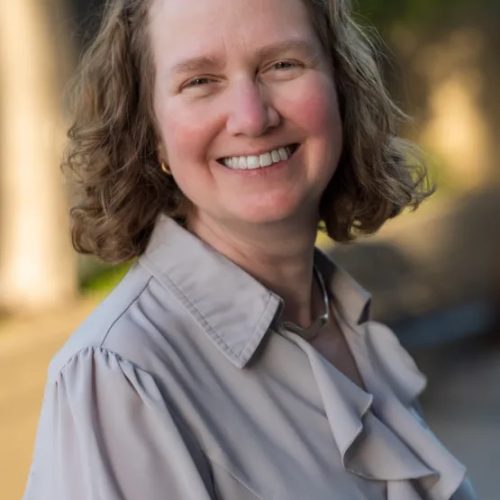
The Jewish Genetic Discovery Foundation is dedicated to studying the genetic history of Jewish populations worldwide, preserving heritage, and advancing our understanding of human migration patterns.